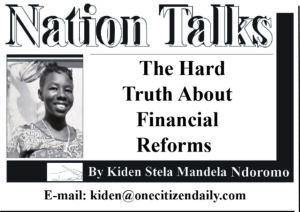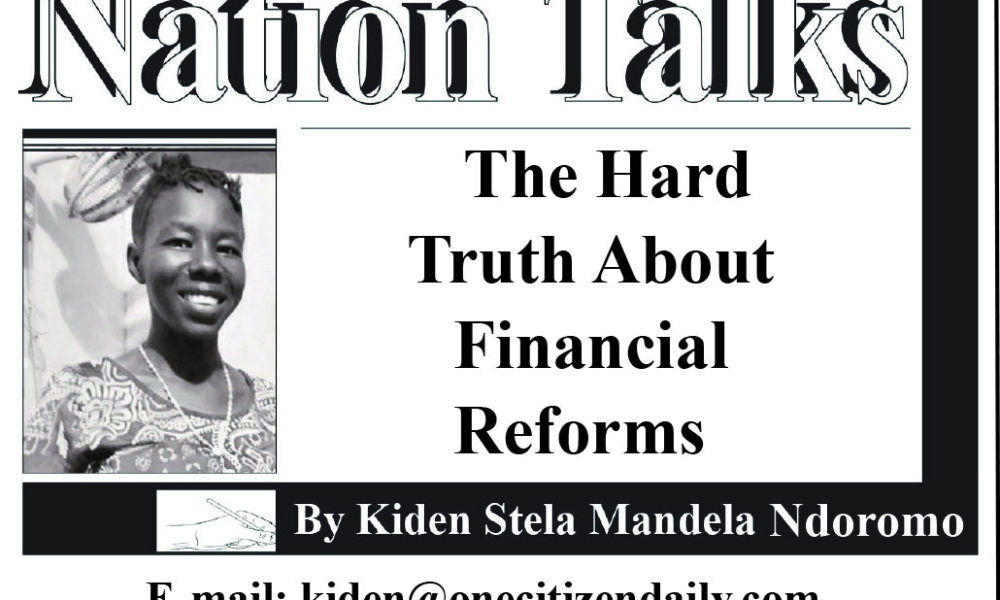
The government recently introduced new financial reforms designed to stabilize our economy. These sweeping changes include banning the hoarding of local and foreign currency and restricting all transactions outside of official banking systems. These are ambitious goals, but many citizens, including myself, are asking if they will really work.
In a country where corruption runs deep within government institutions, these new rules can feel like empty promises. We’ve heard many statements before that were meant to please the public but were never actually put into practice. The Central Bank’s circular defines hoarding as “the deliberate accumulation of excessive foreign or local currency outside the banking system with the intent to create artificial scarcity or influence exchange rates. This sounds good on paper, but what does it mean when street vendors seem to have more U.S. dollars than some companies waiting for bank approval?
We are a nation rich in resources like gold and other precious metals, yet corruption has prevented us from using them to build a strong economy. While the Central Bank is right to point out the problems, its new rules might be hard to enforce. For example, the new law sets a limit of US$1,000 that can be held outside a bank account, and places significant obligations on financial institutions to be transparent. But how can people comply when they can’t even withdraw the money they have in the bank? Many citizens are being told that banks don’t have enough money because the Central Bank hasn’t released it. This has made people lose trust in financial systems like banks and even MTN MOMO, causing businesses to suffer.
For these reforms to succeed, the Central Bank must do its part first. It needs to “set its house in order” by ensuring there is enough cash in circulation for people to use. If the Central Bank can earn the trust of its citizens, they will be more likely to follow the rules and deposit their money.
I urge the public to avoid keeping cash at home and to deposit it in the bank. This will help increase production and economic growth, aligning with the Bank of South Sudan Act. This act, mandated to maintain monetary and financial stability, protect the value of the South Sudan Pound, and safeguard the economic interests of the public, can only work if we, the citizens, play our part.
God Protect South Sudan.
Be the Spectator!




